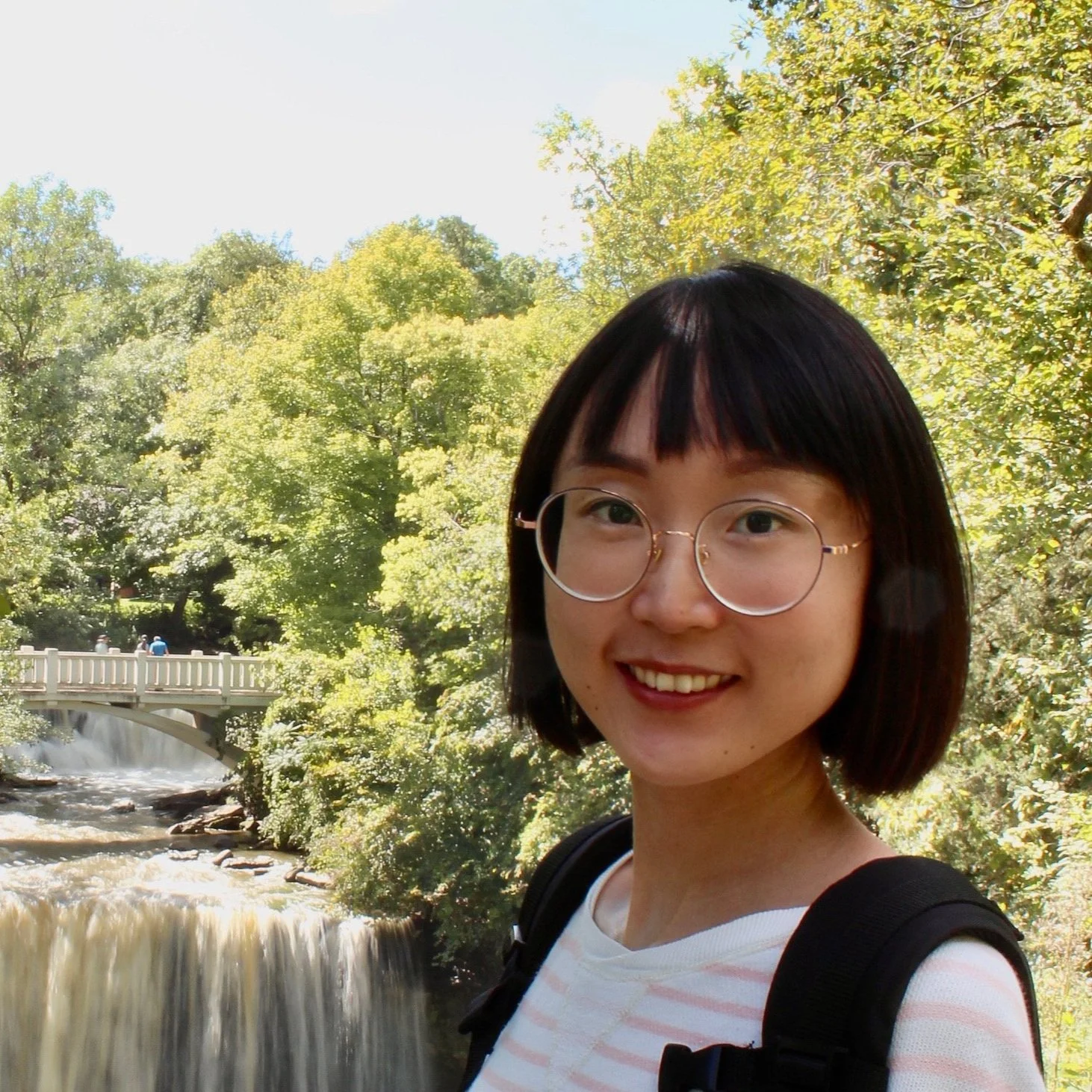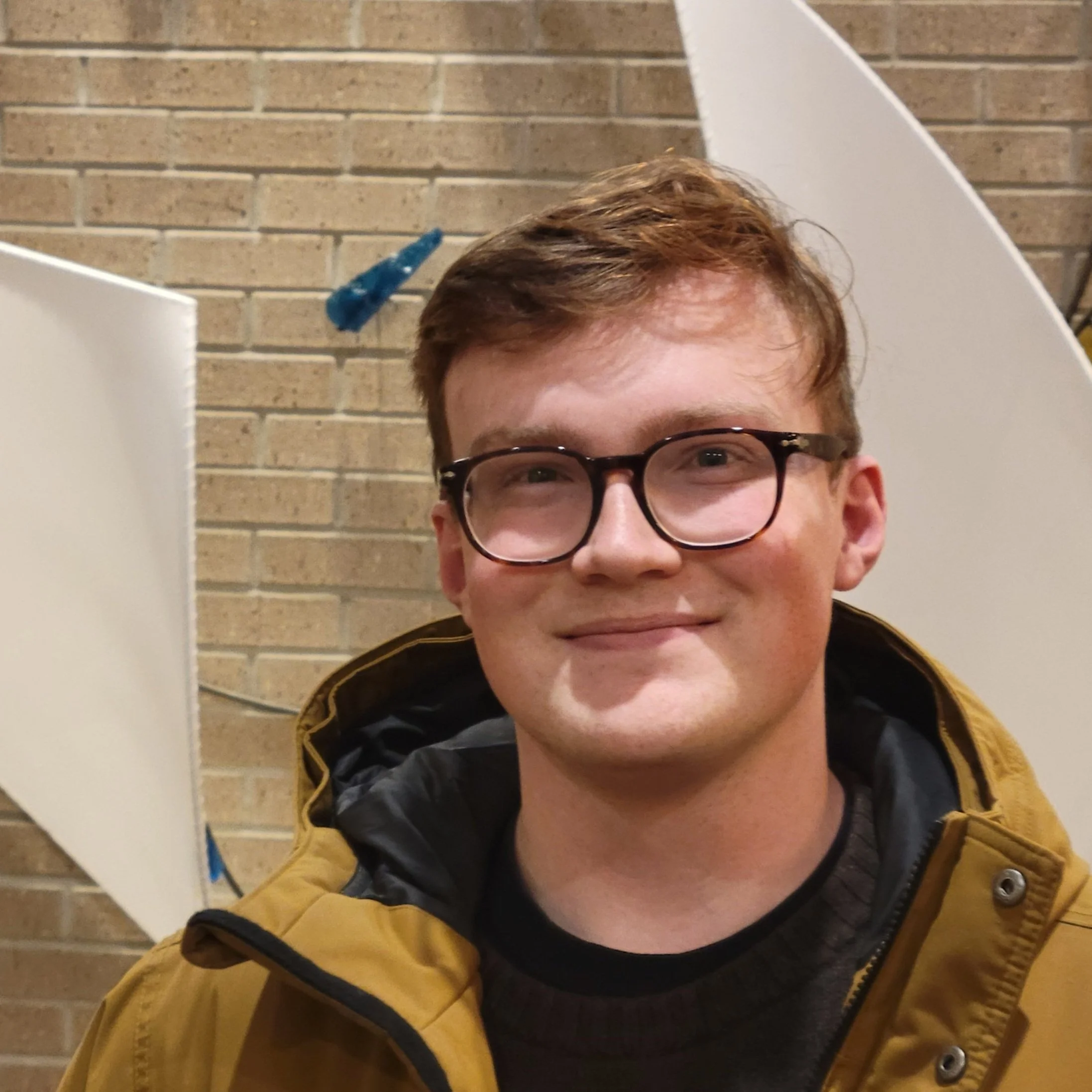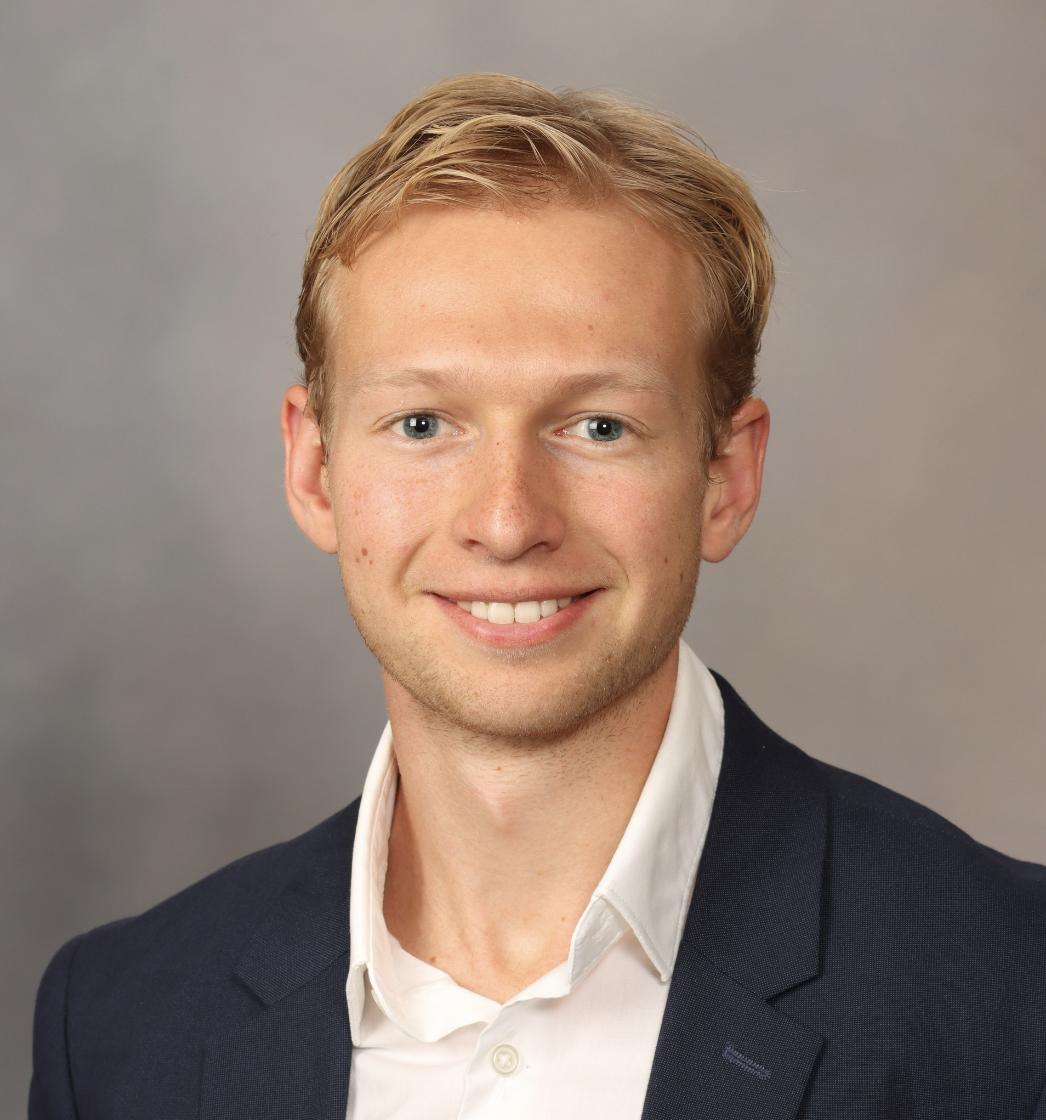Our team's approach and values in working together: While we take great pride in the rigorous training environment of our lab and excellence in our work, we are also strongly committed to creating a collaborative, friendly, and trusting environment. We strive to learn from one another, regarding not only about our daily work, but also about different cultures, political views, and perspectives about life. We recognize that diverse research teams make better collective decisions, are more equipped to solve complex problems by thinking outside of the box, and adapt well to new challenges and changes. We are supportive of unconventional ideas and appreciate everyone’s unique expertise, wisdom, and walk of life.
Assistant Professor and Senior Associate Consultant I (2017–present)
Division of Computational Biology, Department of Quantitative Health Sciences, Mayo Clinic
Division of Rheumatology, Department of Internal Medicine, Mayo Clinic
Microbiomics Program, Center for Individualized Medicine, Mayo Clinic
(adjunct faculty) Bioinformatics and Computational Biology Program, University of Minnesota
• Post-doc, Harvard Medical School, Massachusetts General Hospital, and Broad Institute of MIT and Harvard (advisor: Ramnik Xavier, MD) (2016)
• Post-doc, Asia Pacific Center for Theoretical Physics and POSTECH (Pohang, South Korea) (advisor: Pan-Jun Kim, PhD) (2015)
• Technical Research Personnel, Republic of Korea Army (2012–2015)
• Ph.D. in Chemical and Biomolecular Engineering, University of Illinois at Urbana-Champaign (advisor: Nathan Price, PhD) (2012)
• M.S. in Chemical and Biomolecular Engineering, University of Illinois at Urbana-Champaign (advisor: Michael Strano, PhD) (2008)
• B.S. in Chemical Engineering, Georgia Tech (2006)
About Jaeyun: At heart an engineer and inventor, my research is driven by a passion for creating computational tools that assist physicians in critical decision-making for patient care. My approach integrates clinical and biomolecular 'big data'—mainly omics datasets—with bioinformatics, machine learning, and a systems-oriented perspective on biology and medicine. Together with an outstanding team of lab members and collaborators, our research program is poised to make unique contributions to the evolution of medicine into a field that is more precise, data-centric, and preventative. Outside the lab, I enjoy traveling the world, landscape photography, strength conditioning, and catching up on my favorite podcasts and periodicals. I can be reached at Sung.Jaeyun[at]mayo.edu.
Research Associate, Mayo Clinic (2022–present)
Postdoctoral Research Fellow, Mayo Clinic (2017–2022)
PhD in Bioinformatics, CSIR-Indian Institute of Chemical Biology, Kolkata, India (2017)
About Vinod: Interest in the human microbiome, particularly the gut microbiome, has flourished in recent decades, driven by advances in sequencing technologies and computational tools. Such advances have provided a tremendous amount of microbiome sequencing data, which can be used to understand the role of the gut microbiome in human health and diseases. My research interests are in investigating the role of the gut microbiome in the progression of autoimmune diseases, such as rheumatoid arthritis, inflammatory bowel disease, and multiple sclerosis. I am also interested in better understanding the interaction between the gut bacterial community and bacteriophages, especially prophages. My outside-the-lab interests are playing tennis and pickleball, traveling with friends, and reading history books.
Postdoctoral Research Fellow, Mayo Clinic (2020–present)
PhD in Bioinformatics, Seoul National University, Seoul, South Korea (2019)
About Ben: I am interested in understanding autoimmune diseases (e.g., rheumatoid arthritis, vasculitis) from large-scale omics datasets and clinical data; and designing applications from such data for unmet clinical needs. To reach my goal, I am utilizing network-based methodologies and developing new in silico tools. Currently, I am working on a project involving a comprehensive multi-omics analysis aiming to understand the differences between different RA subtypes (i.e., ACPA-positive, ACPA-negative) and to identify diagnostic biomarkers for ACPA-negative RA patients.
Outside of work: Error 404 ¯\_(ツ)_/¯
Medical student (currently MS-2) at Mayo Clinic Alix School of Medicine (2022–present)
PhD in Quantitative Biosciences, Georgia Tech (2022)
BS & BA in Physics & Math, Washington and Lee University (2016)
About Conan: I am broadly interested in mathematical and computational approaches to modeling microbiome dynamics. My Ph.D. work was in identifying biomarkers of lung health in people with cystic fibrosis and applying big data approaches to find ecological patterns in CF lung infections. Currently, I am working on metabolomic approaches to understanding treatment efficacy in rheumatoid arthritis. As a medical student, I am interested cancer microbiomics and hope to pursue an oncology-related specialty for residency. Outside of work, I enjoy coming up with piano covers of T-Pain songs as well as spending time with friends, family, and my cat.
Graduate Research Assistant (MS candidate), Bioinformatics and Computational Biology, University of Minnesota (2023–present)
BS, MS in Ecology, Ocean University of China, Qingdao, China
About Xiaowei: I am deeply interested in human gut microbiome and bioinformatics. I have a previous research background in environmental microbiology and lots of wet lab experiences. For my M.S. thesis project, I will work on projects regarding prophages in the human gut microbiome, and their relevance to autoimmune inflammatory diseases. Outside of work, I enjoy gardening, cooking, volunteering at the animal shelter, as well as outdoor activities such as hiking and cross-country skiing.
Undergraduate Research Assistant (2024–present)
Class of 2025 BS in Applied Computer Science, Winona State University
About Thomas: I am most interested in clinical bioinformatics and applying machine learning and AI to advance our understanding of the field. My background includes a heavy focus on data science and machine learning. I am focusing on gaining the knowledge and expertise in the field necessary to pursue more and more difficult projects. Outside of work, I enjoy hiking, camping, trading card games, and teaching myself guitar.
Graduate Research Experience Program (GREP) Student (2024–present)
BA in Data Science and Mathematics, Luther College (2024)
About Adam: I am broadly interested in better understanding complex biological systems by using mathematical and computational approaches. My undergraduate research focused on modeling population structure in gray foxes by applying landscape genetics methods to genomics data. Currently, I am working on projects where I am using machine learning with gut microbiome and metabolite data to predict disease activity in rheumatoid arthritis patients. During my years at Luther College, I ran on the cross-country and track teams. I still continue to enjoy running post-college as well as cycling, weight-lifting, and any kind of sport where I can get outdoors or spend time with friends.
Postbaccalaureate Research Education Program (PREP) Student (2025–Present)
Master of Statistics and Data Science - Specialization in Bioinformatics (2023–Present), Hasselt University, Belgium
BS in Chemistry and Biomedical Engineering, University of Los Andes, Colombia
About Maria: I am interested in understanding the microbiome and its interactions with human health, particularly how microbes can be predictive and even protective of various disease conditions. My research aims to combine statistical, data science, and bioinformatics techniques to analyze high-throughput data from complex biological systems. Through my time in the Mayo Clinic PREP program, I aim to gain valuable experience in conducting research and applying findings to real-world healthcare problems. Outside of the lab, I enjoy hiking, climbing, biking, and, yes, as a good Colombian, dancing salsa.
Lab Alumni
We are incredibly grateful to have had these outstanding individuals contribute their time and expertise to our group:
Sergio Cobo-López
role in the lab: Visiting Graduate Student (2018)
next position: Postdoctoral Research Fellow, San Diego State University
As a visiting graduate student from Spain, Sergio worked on developing statistical inference algorithms for clustering-based community detection in gut microbiome data (Cobo-López et al., PNAS Nexus, 2022). Currently, he is a post-doc in the labs of Profs. Roger Guimerà and Marta Sales-Pardo at the Universitat Rovira i Virgili (Tarragona, Spain).
Harvey Huang
role in the lab: MD/PhD Rotation Student (2019)
next position: MD/PhD student, Mayo Clinic Alix School of Medicine and Mayo Clinic Graduate School of Biomedical Sciences
Harvey worked on analyzing blood metabolomes from patients with rheumatoid arthritis. His significant contributions while in the lab led to two middle-author publications.
Jin-Sung Jang
role in the lab: Postdoctoral Research Fellow (2019–2020)
next position: Assistant Professor and Principal Research Technologist, Mayo Clinic Medical Genome Facility (MGF)
Jin-Sung played a key role in launching the immunophenotyping branch of our group. His work led to two lead-author papers (Jang et al., Scientific Reports, 2020; and Enninga* and Jang* et al., American Journal of Reproductive Immunology, 2020) and one middle-author paper. He is currently the co-director of the Mayo Clinic Medical Genomics Facility Genome Analysis Core (Mayo GAC). At GAC, Jin Sung develops, test-runs, and troubleshoots sequencing-based technologies used by researchers at Mayo Clinic, and also serves as an advisor/collaborator/co-Investigator to various Mayo Clinic faculty on next-gen sequencing projects.
Utpal Bakshi
role in the lab: Postdoctoral Research Fellow (2018–2021)
next position: Assistant Professor, Institute of Health Sciences, Presidency University (Kolkata, India)
Utpal’s efforts have helped the group venture into the secondary metabolites space. For his postdoctoral research, he worked on the monumental task of developing a computational pipeline that identifies, through metagenome mining, all verified microbiome biosynthetic gene clusters encoding for known secondary metabolites. His significant efforts while in the group are recognized in three middle-author publications.
Minsuk Kim
role in the lab: Postdoctoral Research Fellow jointly supervised by Dr. Nicholas Chia (2018–2022)
next position: Project Scientist, Cedars-Sinai Medical Center, Los Angeles, CA
As a postdoctoral research fellow jointly supervised by Drs. Sung and Chia, Minsuk spearheaded the original metabolomics analyses and community metabolic modeling work in our group with three lead-author papers (Tietz-Bogert* and Kim* et al., International Journal of Molecular Sciences, 2018; Kim* and Vogtmann* et al., mBio, 2020; and Kim et al., Metabolic Engineering, 2022) and one middle-author paper. He’s currently working on inflammatory bowel disease research in the lab of Dr. Dermot McGovern at Cedars-Sinai Medical Center (Los Angeles, CA).
Heather K. Pump
role in the lab: MD Rotation Student (2024)
next position: MD student, Mayo Clinic Alix School of Medicine
During her rotation, Heather contributed to our group’s research into the impact of anti-CD20 B cell depletion immunotherapies on the gut microbiome of patients with multiple sclerosis (an autoimmune disease of the central nervous system). Her work is reflected in our paper in Neurology: Neuroimmunology & Neuroinflammation (Gupta et al., 2025).
Kevin Y. Cunningham
role in the lab: MS student, Bioinformatics and Computational Biology (BICB) Program, University of Minnesota (2020–2024)
next position: Graduate Intern, Federal Reserve Bank of Minneapolis
Kevin led our pioneering efforts in using omics data to identify blood biomarkers in rheumatic diseases, resulting in two first-author papers and several contributing papers. His first lead-author paper focused on serum autoantibody profiling in two subgroups of rheumatoid arthritis (Cunningham et al., Scientific Reports, 2023). The second paper covered proteomic profiling in giant cell arteritis (GCA) (Cunningham and Hur et al., Annals of the Rheumatic Diseases, 2024), where he also utilized machine learning to develop a proof-of-principle multi-plex proteomic panel for GCA diagnosis.
Daniel Chang
role in the lab: Undergraduate Research Assistant, Dept. of Computer Science and Engineering, University of Minnesota, MN (2021–2024)
next position: PhD student, Department of Genetics, Stanford University
Daniel’s time in the lab was incredibly successful. He led the software development for TaxiBGC (Gupta et al., mSystems, 2022), a tool designed to identify biosynthetic gene clusters of annotated secondary metabolites in shotgun metagenomes. He also created a web-based version of the original Gut Microbiome Wellness Index (GMWI) (Chang et al., Bioinformatics, 2023), which he used to test the “Prebiotic Effect” of several oligosaccharides on the gut microbiome in an in vitro batch fermentation reactor (Lee et al., npj Science of Food, 2023). Most notably, Daniel developed GMWI2 and co-led the writing of its manuscript (Chang and Gupta et al., Nature Communications, 2024). In all, his work resulted in two first-author papers, two middle-author papers, and another manuscript currently in preparation on gut microbiome markers for methotrexate response in rheumatoid arthritis.
Cara Chang
role in the lab: Undergraduate Research Intern, Northwestern University (2024)
next position: Undergraduate student (Senior) in Data Science, Economics, and International Studies, Northwestern University
As part of the Summer Internship Grant Program (SIGP) at Northwestern University, Cara spent the summer in our lab. Her main project focused on using machine learning to predict treatment response in rheumatoid arthritis based on patients’ blood proteomic and metabolomic profiles. Toward the end of the summer period, she presented her work as a poster at an undergraduate research symposium at Mayo Clinic. Her contributions will be featured in one of our upcoming papers.














